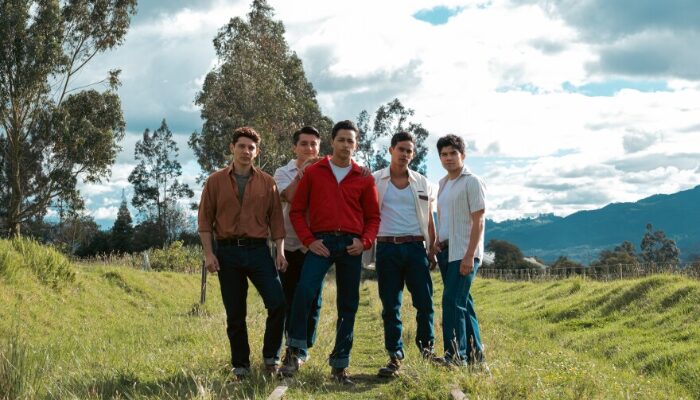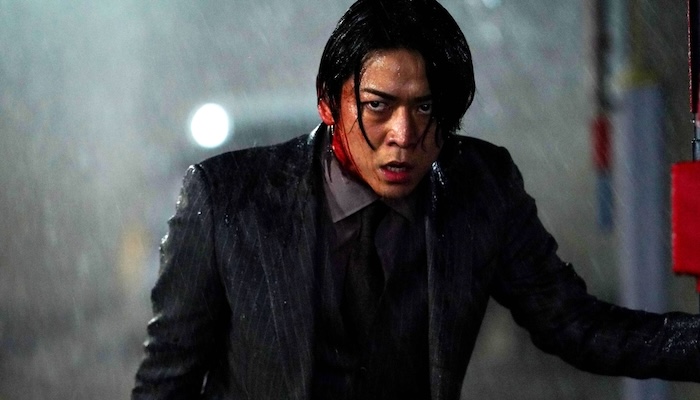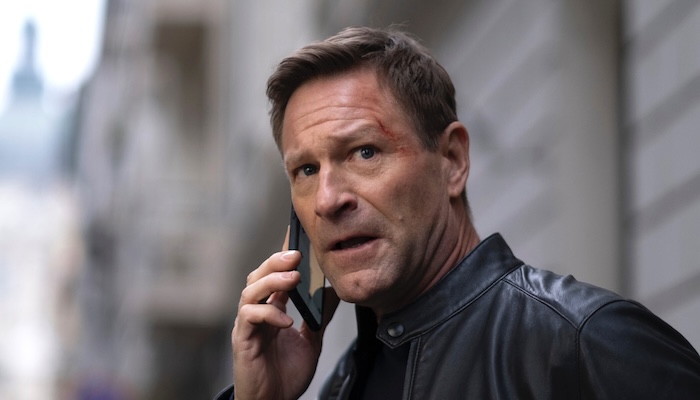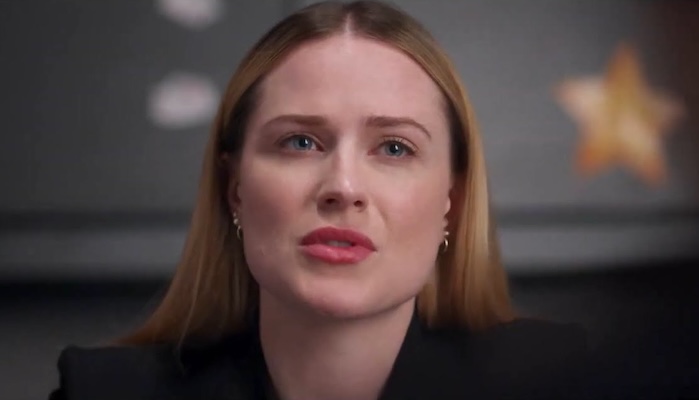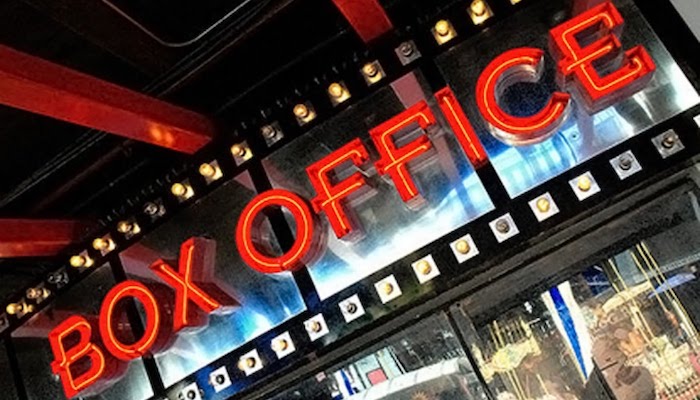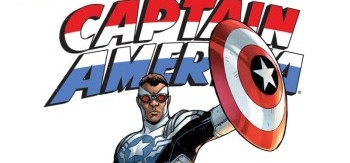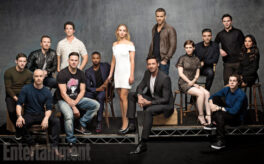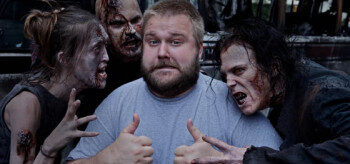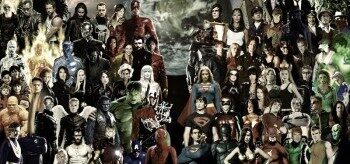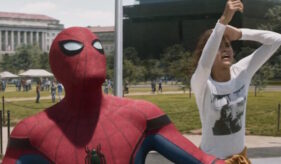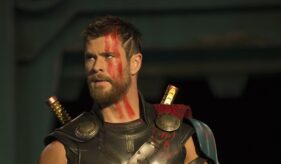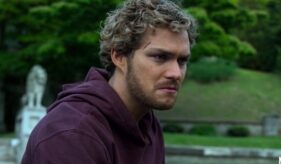WEEKEND SUPERHERO: One Good M. Rodriguez Rant Deserves (Yet) Another.
Diversity vs originality, where comic books meet Hollywood. It might have been forever ago, by current news cycle standards, but I recall certain off-the-cuff remarks, made by Michelle Rodriguez, like it was yesterday.
It seemed like a pretty straightforward statement, made in response to the prospects of her being THE Green Lantern; but there was something about “stop stealing all the White People’s superheroes” that just screamed ‘freshly tipped barrel of Gremlins.’
Well, some of those caught a ride home with her, because a ‘clarification’ was not long in coming, thereafter.
Now, for the sake of brevity, I must say that I agreed with her – no clarification necessary.
For the sake of clearing more stuff out of my mental attic, that’s been sitting there for years, I felt the need to address why clarification was actually necessary. Michelle’s gonna be fine (alternately fast/furious titles still got gas); this is more about a larger argument, that she just happened to pull a drive by on.
Without getting into the myriad facets of current ethno-cultural divides, it became clear that Michelle’s original rant was interpreted, for the most part, in one of two ways. One side heard her – as a face of diversity in media, herself – throwing the cause of diversity in popular media, itself, under the bus. Another heard an insider call shenanigans on PC diversity overreach.
We have all experienced the sullying of our childhood fan favs, particularly of late (Goddammit, Hasbro – you managed to ruin paramilitary ninjas, AND transforming robots into the ground). The simultaneous rise of both geek & troll culture, however, has created an atmosphere that is equal parts oversensitivity (about the cultural icons some identify with), and insensitivity (towards everyone else’s). Out of this has come a subculture of reactionism; with both sides determined to beat up on the other, over being too sensitive, or not being sensitive enough.
This would be the point where unconcerned parties might point out that we are talking about pop culture – so get over it. Well, that is true; but we’re also talking about larger principles. Larger principles like race relations, which just happen to intersect our corner of popular culture, same as pretty much any other. Still, it would be a much more enjoyable corner to sit in, without ethno-cultural sensitivity becoming such a divisive factor.
That said, however, a certain measure of sensitivity should be expected. Someone, somewhere, along the production line (maybe… I dunno – casting)Spider-Man for the first Power Rangers run, should have recognized that making the original Black Ranger Afro-American, and the original Yellow Ranger Asian, might leave them open to some kind of ridicule. Of course, firing the entire original cast, over salary disputes, and setting up a revolving cast policy, helped put that particular piece of bad press behind them. They weren’t being culturally insensitive dicks; they were just dicks.
Likewise, creative bankruptcy is creative bankruptcy. Between the highest volume of singular property sequels, this side of the 80s, and the joint universe loop-hole, that Marvel may have inadvertently doomed us to, we may have been coasting through something akin to creative doldrums, overall (never mind the comic book aspect). What makes it certain, to me, is the term I would consider the dreaded beast, which has come to dominate said doldrums, Das Reboot.
On its face, the reboot is beating a dead/ dying cash-cow. The more subtle, inherent problem with the reboot, however, is finding that perfect balance, between familiarity & freshness. It has to be familiar enough to attract the attention of those who paid to experience it the first time around, or more; it has to be new enough to not be dismissed as a been-there-done-that affair.
In the case of both the Spider-Man, and Fantastic Four film franchises, as with any franchise reboot, the idea was to associate with the brand, without associating with everything wrong with the last installment (or in the case of FF, the last franchise, itself). The comic book industry has provided a unique out, in this regard: the multiverse spread. Whole universes, populated by the same characters, but subject to the particular/ peculiar visions of different creators. Why should I have to sit through another FF origin story? Because this will be the Ultimates version, that’s why (now gimme your movie money).
In some respects, the current diversity argument springs from this wellspring of comic book revisions/ re-imaginings. The thing is, I don’t think that a diversity deficiency was being addressed, when this first started. I loved everything about the introductory Ultimates series (except what they did with the Skrulls), and a Black Nick Fury, or Asian Wasp had nothing do with it. I don’t think that cultural infusion was made to make a point – Mark Millar & Bryan Hitch just figured Samuel L. Jackson was cooler than David Hasselhoff. Most people seemed to agree; so by the time Iron Man rolled that first post-credits scene, we got a collective Hells yeah.
I think the real pushback, against a perceived push for revisionist diversity, came with Miles Morales assuming the mantle of the Ultimate verse’s Spider-Man. Then things came to a head, with the trifecta of a black Asgardian (on the big screen), an Arabic Ms. Marvel, and a female Thor. Heresy, by way of PC run amok, according to now very loud (albeit, mostly anonymous) voices on the web.
FoxCT.com has a gallery on the subject, marking Marvel’s major ethno-cultural character shifts.
Anyone still believing we live in a “post-racial” society has not been reading the comments section, to any given online post. Once you get past all the raw vitriol, that net anonymity affords such people, there is at least one legitimate question, which drives their collective argument. Why do we need to culturally revise established iconic characters (the singular ones, not the interchangeable title-holder ones)?
Why indeed. The point to all these re-imaginings has been to keep such properties relatable to a changing fanbase demographic, by keeping said properties socially/ culturally relevant. One of the keys to Marvel’s initial trumping of DC, was a stable of characters that reflected the complexities of the 60s & 70s, while DC was still playing to 30s & 40s set. When Superman came on the scene, no one questioned why an entire alien species would look like Caucasian Humans, specifically. Personally, I always believed that Superman should have been like Martian Manhunter, all along; but that ship has sailed. The point was to make his adoption by readers, as the champion of “the American way,” palatable to them.
Marvel broadened its character pool, not just to attract a more diverse readership, but to cater to broadening cultural curiosity, among its core readership. This was the counter-culture, with white readers sharing an interest in urban vigilantism (Luke Cage), and seeing Black characters outside of the typical roles (King T’Challa) – and it worked for them. DC followed suit, introducing the likes of John Stewart (the Green Lantern, not the comedian), and Cyborg. Things sort of settled into a new status quo, for the rest of the 20th Century; so diversity just wasn’t a thing, anymore, and that’s the way a lot of purists remember the comic character landscape.
Personally, I seem to recall DC characters like Black Lightning (technically, a Hanna Barbera creation, later adopted by DC). His powers: regular lightning projection. So… he was called Black Lightning because he was… black? They’ve since upgraded the character to a wielder of actual black lightning. Black Manta, on the other hand… co-opting the cultural significance of Marvel’s Black Panther just didn’t lend itself to a struggle over control of the high seas. Beyond Black Panther, the most significant characters of diversity were the ones that didn’t draw attention to their ethno-cultural identities. Falcon wasn’t ‘Black Falcon;’ Steel wasn’t ‘Black Superman.’
Of course, those were original characters – which plays directly to Michelle’s point. I think the key difference, between then & now, is the matter of demand. Comics now constitute a global mega-market; so attention to things like demographics factor in now more than ever. This is the social media age. More to the point, this is the ‘selfie’ age, where people are more interested in seeing themselves, reflected in the media, than seeing how the other half lives. At the same time execs & creators are trying to appeal to broader markets, they seem to be alienating narrower ones. The emphasis has shifted away from the universal ideals of a character, to the specific identity/ cultural relatability of a character.
Anybody remember that dust-up, over Rue being black, when the first Hunger Games film dropped?
It would be easy to cite this as a ‘white’ issue, as Michelle sort of did, since the revisions are being applied to an overwhelmingly white character pool, that relating fans may feel protective of. I, for one, would be interested in seeing what comes of a proposed white South African, as the Black Panther. At the same time, I can cite why that wouldn’t fly: white faces have been superimposed over other cultural settings since forever (The Phantom, Allan Quartermain, Shogun/ The Last Samurai, Dances with Wolves, etc.), in order to give ‘mainstream’ consumers a point of reference, from within those cultures.
The fact that certain quarters are genuinely threatened by diversity revision, is a good reason, in and of itself, to just not perpetuate it. Not to placate the dickish behavior (and you know it’s dickish when cosplayers are being told who they can/ can’t play) that has come of it – far from it. No, the key to expanding consumer share is actually expanding the character, setting, and story pool; not by re-purposing a larger share of the pre-existing one.
It shouldn’t take Batman fatigue to inspire a call for new characters, in new settings. Milestone was as close as we got, in mainstream comics; but most of those characters have been rolled into the regular DC stable, as something of a minority reserve. Maybe we’re overdue for another cultural revolution (even if net homogeneity has been counterproductive, in that regard), and maybe we just lack the same capacity for cultural curiosity. Well then, maybe the real answer is just taking more chances with old fashioned good story telling/ character development. Michelle’s rant was over a lack of originality, period.
Ultimately, that makes the real problem risk aversion. Outside a few self-starters, like Eric Dean Seaton, the powers-that-be seem content to just keep trying to reinvent the wheel, rather than come up with an airplane. No one is stealing the white man’s superheroes, Michelle; The Man has simply been painting the same model, in different colors, to attract buyers of color. The problem isn’t how diversity is being addressed, by way of comic culture, but how it’s being wrongly applied/ exploited for profit.
I mean, I don’t care what side of the divide you fall on, we all hate The Man, don’t we… ?
Leave your thoughts below in the comments section. For more editorials, visit our Editorials Page, subscribe to us by Email, “follow” us on Twitter, Tumblr, Google+ or “like” us on Facebook.
Related Articles
FilmBook's Newsletter
Subscribe to FilmBook’s Daily Newsletter for the latest news!

